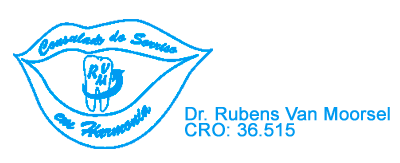
A cocaine relapse happens when you go back to using the drug after a period of being sober. A slip can be the start of a relapse, but it doesn’t have to be. Instead of viewing your slip as a step backward, think of what to do after a relapse it as a progression on your road to recovery.
Behavioral Therapy

If someone you love recently relapsed, encourage them to rethink their supports and treatments. It may be the right time for them to consider The Recovery Village. The Recovery Village offers helpful treatments for people at all stages of recovery and relapse. When you work with a team of professionals and find support from people with shared experiences, you’re more likely to find success with sustained long-term recovery. A return trip to a residential program is not a sign of failure – it could be just what you need to get back on track. What has it taught you about your vulnerabilities or the effectiveness of your coping strategies?
- Clients are encouraged to understand the concept of a recovery circle.
- A missing piece of the puzzle for many clients is understanding the difference between selfishness and self-care.
- Whether or not you should return to treatment will depend on the severity of your lapse and the circumstances surrounding it.
- Symptoms can be broadly categorized into physical and psychological types.
- The combination of a substance abuse program and self-help group is the most effective 22,23.
Family Programs
- These symptoms can be particularly challenging, but you don’t have to go through them alone.
- LifeRing is a secular recovery organization that aims to help people share practical experiences and access sobriety support.
- Each comes with its own set of challenges but understanding what to expect can equip you with the tools to tackle them head-on.
- Many recovering users who’ve relapsed say that the experience helped them commit to recovery again.
- Because it’s so addictive, a cocaine relapse is common when users try to stop using cocaine.
Clients are encouraged to identify whether they are non-users or denied users. A denied user is in chronic mental relapse and at high-risk for future relapse. Clinical experience has shown that everyone in early recovery is a denied user. The goal is to help individuals move from denied users to non-users.

Cocaine withdrawal explained

Setbacks can set up a vicious cycle, in which individuals see setbacks as confirming their negative view of themselves. Eventually, they stop focusing on the progress they have made and begin to see the road ahead as overwhelming 16. In mental relapse, there is a war going on inside people’s minds. As individuals go deeper into mental relapse, their cognitive resistance to relapse diminishes and their need for escape increases.
Steps to Take After a Drug or Alcohol Relapse
Once acute withdrawal has ended, a person may experience protracted withdrawal symptoms. This article discusses cocaine withdrawal and outlines its symptoms. It also discusses how long it lasts and what treatment options are available. Let Little Creek Recovery Center guide you down the right path to recovery, personal growth, and long-term sobriety. If you or someone you love has chosen to stop using cocaine or any other substance, consider reaching out for professional help.

Write a comment: